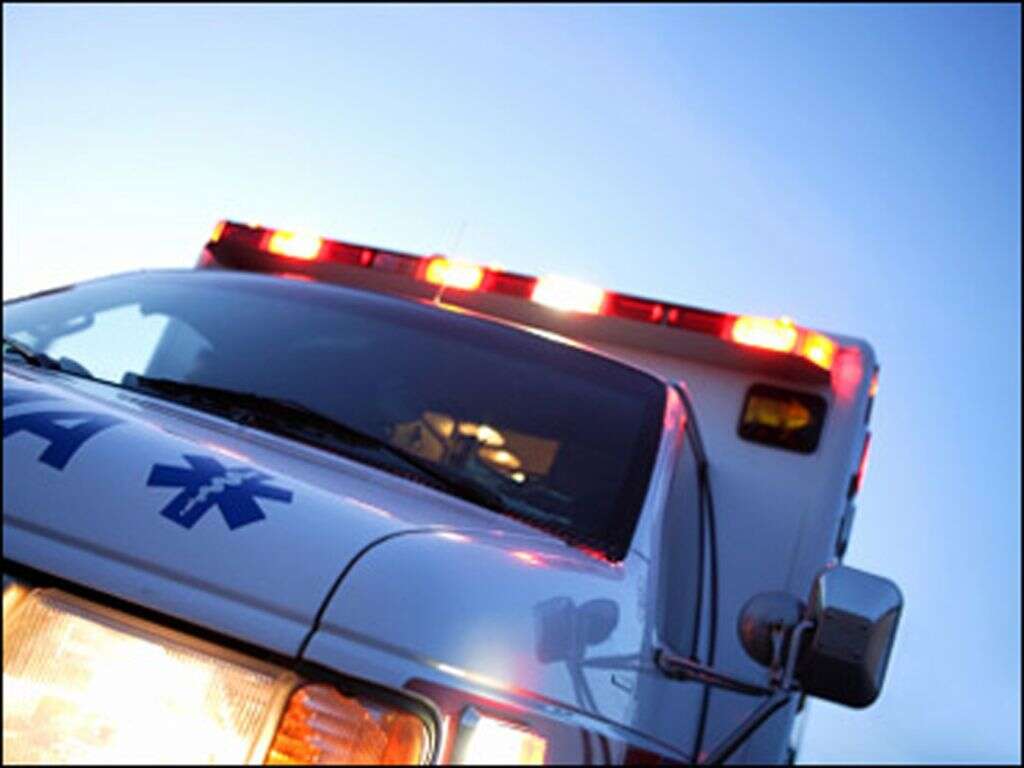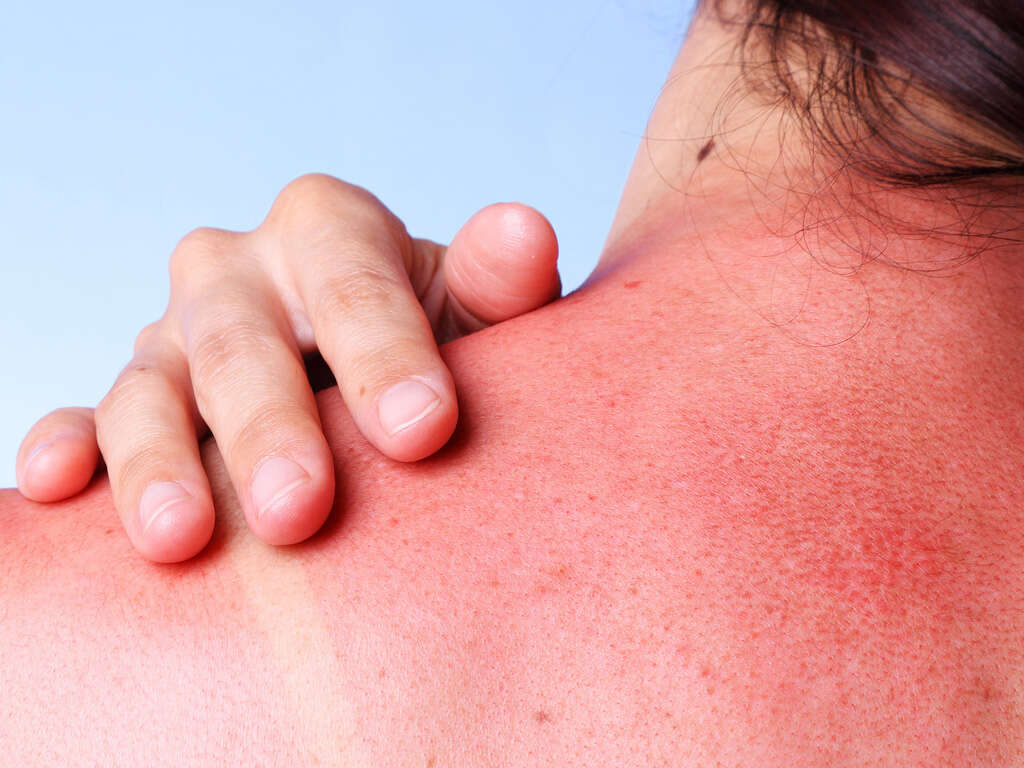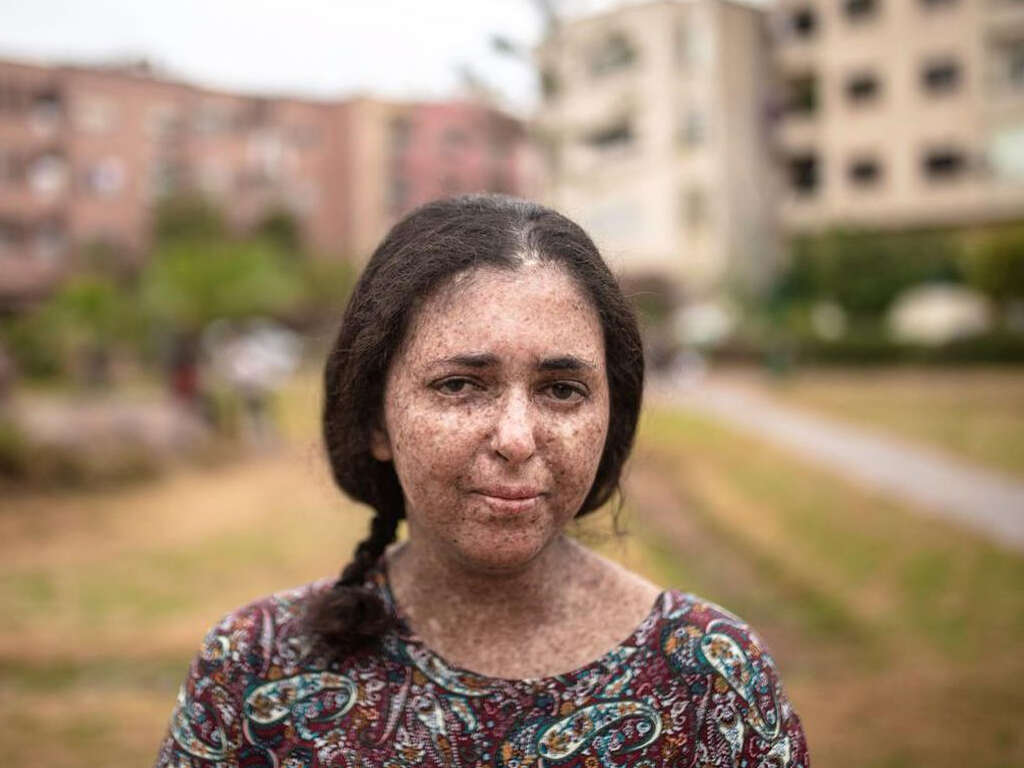What Is Heat Stroke?
Getting out and enjoying warm weather can be the best part of summer, but there are some risk factors to consider. You’ve probably heard of the dangers of heat stroke, but you may not know much about what to do to prevent it and how to administer first aid for it if necessary. Heat stroke is a form of hyperthermia. Not to be confused with hypothermia, which occurs when a person’s body temperature drops too low, hyperthermia is overheating that can cause its own version of serious damage to the body.
The best way to keep yourself and those around you safe is to be informed about heat stroke. You should be able to identify it as well as have an action plan for how to handle it should it occur. The more you know, the better prepared you can be to avoid the risks entirely. Here are 10 answers to common questions you may have.
1. What Is Heat Stroke?
Heat stroke is a serious condition that happens when a person’s body reaches a temperature of over 103 degrees. It may also be referred to as sun stroke. While it may seem like a common affliction, heat stroke can be surprisingly dangerous and is not a condition to be taken lightly.
While heat stroke is often the result of the affected person overly exerting themselves in hot conditions, it has the potential to happen to anyone who is outdoors in the summer or spending time in any hot area. While you should be cautious on any warm or hot day, days that are both hot and extremely humid can create an especially high risk.
2. Who Is Most at Risk for Heat Stoke?
As with many medical conditions, the people most at risk for experiencing heat stroke are very young children and older individuals. Anyone who has pre-existing medical conditions or is in a weakened state for any reason may also need to use extra caution to stay safe in hot weather. If you are a parent, you should be vigilant of your children in hot weather to make sure they are not showing signs of overheating.
While the people listed above may have the highest chance of developing heat stroke, it can happen to anyone. No matter how healthy you are or how much time you regularly spend in hot climates, you should use caution and make keeping yourself and others safe a priority. It is worth noting that animals can also be victims of heat stroke. You should use similar precautions with pets as you would with any friends or family members you are responsible for.

3. What Are the Immediate Risks of Heat Stroke?
Heat stroke can cause a wide range of unpleasant and dangerous symptoms. Affected person’s may feel faintness and disorientation. Overheating can cause muscles to cramp up and may also lead to extreme headaches, nausea, and even vomiting. People in the midst of suffering from extreme heat stroke may go into seizures or begin hallucinating.
The immediate risk of heat stroke is primarily that the affected person will become too disoriented to be able to remove themselves from the hot area and will continue to overheat. Overheating can be alarming and confusing to affected individuals and they may be incapacitated to the point where they struggle to tell those near them what is wrong.
4. What Are the Long-Term Consequences of Heat Stroke?
Overheating takes a toll on the body, and heat stroke can come with lasting complications including damage to internal organs and the brain.
Keep in mind that the more serious consequences of the condition generally only occur in cases of extreme heat stroke. People who don’t receive needed care may go into a coma and in serious cases, they may die. However, with proper treatment, heat stroke can usually be treated with no long-term consequences.

5. How Do You Tell If You Are Experiencing Heat Stroke?
Being able to identify the signs that you are experiencing heat stroke early on is vital to being able to get to a safe area or call for help. If you start to feel faint or experience unusual cramping of your muscles, it’s time to stop and asses your situation. While you may only be experiencing the earliest signs of heat stroke, known as heat exhaustion, it is better not to push yourself over the edge.
If you’re feeling dizzy, start blacking out or throw up, you may have a more serious emergency on your hands. Immediately stop what you’re doing and move to a shaded or air-conditioned area. Call for assistance as soon as you can and consider calling 911.
6. How Do You Identify If Someone Else is Experiencing Heat Stroke?
Being able to spot heat stroke in people around you is potentially life-saving. Be especially mindful of children, the elderly or anyone else who may have trouble caring for themselves if they start to overheat. You should also be mindful that people suffering from heat stroke may be confused and disoriented and might not understand their situation fully in the moment.
If anyone around you faints or starts acting strangely, begin taking first aid measures and working to get them the help they need as soon as possible. The earlier you identify heat stroke, the more likely it is to be reversed with minimal consequences. It is a good idea to keep a phone with you during any outdoor activity so that you are prepared to call medical professionals in an emergency.

7. What Should You Do When Someone Shows Signs of Heat Stroke
The main priority of first aid for heat stroke is to cool the overheated people down. This can be done by putting them in cold water, pouring cool water over them or placing ice packs around their body. You should consider removing any tight clothing they are wearing to help them cool down faster.
Try to help affected people remain conscious and alert. If it is possible, have them drink cool water or juice. Move them indoors if you can; if you are unable to, take them to a shaded area instead.
8. When Should You Call 911?
It can be best not to take chances with heat stroke. If you see signs of it, you should call 911 as soon as possible. Help from emergency services can be the best way to ensure that a case of heat stroke is not fatal. When in doubt about whether you should call an ambulance, it can be best to err on the side of caution and call anyways.
Just because 911 has been called does not mean that you and those around you should wait idly. You should apply the first aid measures described above to help stop affected person’s from continuing to overheat and continue to try to help them while you wait for the professionals. As during any emergency situation, do your best to remain calm and remember that help is on the way.

9. How Can You Prevent Heat Stroke?
One of the most important precautions to take against heatstroke is simply avoiding overly risky behavior such as leaving passengers in a parked car in warm weather or trying to exercise outdoors on especially hot, humid days. While you don’t necessarily need to stay indoors every time it warms up, use caution in how much time you are spending in the sun and what activities you are doing. Take breaks to cool off and try to spend most of your time in cooler, shady areas.
One of the best ways to prevent heat stroke can be to stay hydrated. Drinking enough liquids allows your body to sweat more, which helps you maintain a safe temperature. It is always a good idea to move indoors if you start to feel too hot. Consider avoiding alcoholic beverages on especially hot days, as they can lead to you getting dehydrated and overheating much more quickly.
10. What Are Other Risks of Being in the Hot Weather To Avoid?
While heat stroke is the most serious condition that can occur from being overly exposed to hot temperatures, there are other issues that you should also watch out for. The early phases of heat stroke, known as heat exhaustion, can be less serious than heat stroke, but if left ignored even mild cases of overheating can quickly get much worse. Sunburn can also be an issue to watch out for. In addition to increasing your risk of skin cancer, it can make it harder for your body to regulate temperature.
Heat stroke can be a scary thing to deal with, but there are many ways you can prepare yourself to handle it and hopefully avoid it entirely. Once you are informed about the risks of heat stroke, it can be worthwhile to talk about it with your family so that you can all look out for each other. The potential dangers of overheating can generally be avoided, and as long as you use a little extra caution you should still be able to enjoy all your favorite outdoor activities.









